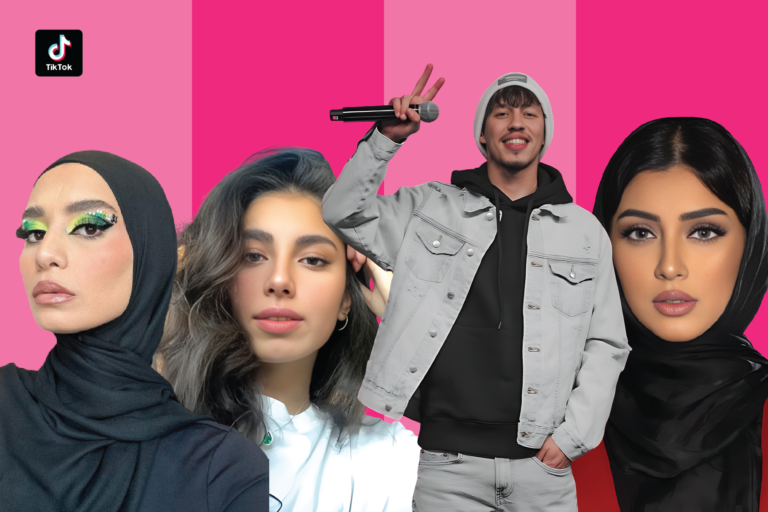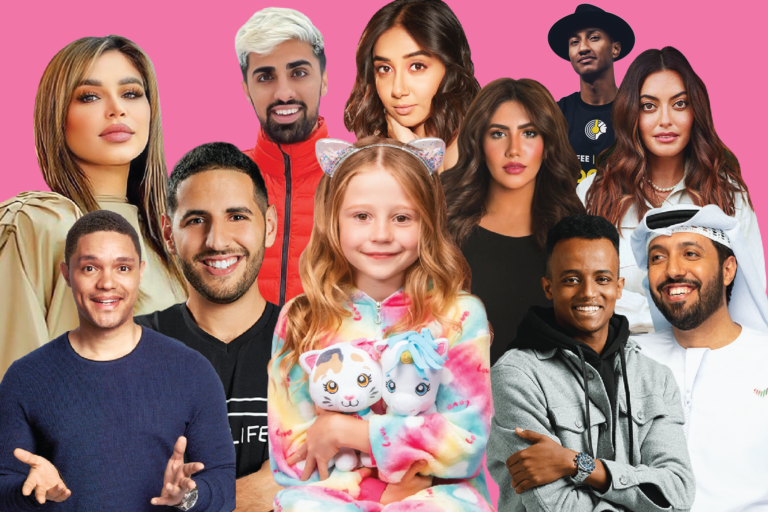The metaverse is a hypothesized iteration of the internet where Music x Video Games for a complete harmony in the world of marketing opportunities, content creator and influencers have jumped on the train of the future by creating tailored content for this virtual world, you as a brand need to follow if you don’t want to be left behind.
It’s like a new exciting world online where real life and virtual reality come together. Supporting persistent online 3-D virtual environments through conventional personal computing, as well as virtual and augmented reality headsets. It’s a place full of possibilities for things like music, video games, and digital marketing. In 2030, it’s expected to change how we usually do things in a big way.
How Are Influencers Using the metaverse to Generate Content
People are using the metaverse to generate content in a variety of ways. For example, musicians are holding concerts in virtual worlds, gamers are streaming their gameplay, and artists are creating and selling digital artwork.
The Metaverse facilitates the creation and inhabitance of unique virtual environments, serving as a groundbreaking platform for content generation. This digital frontier enables a higher level of engagement, allowing creators to interact with their audiences in a more immersive, personalized manner while transcending geographical confines.
Virtual Concerts: The Melody of the Metaverse
The union of music and the Metaverse has ushered in an era of virtual concerts. Renowned artists have harnessed the Metaverse to deliver live performances in virtual domains, providing a novel revenue avenue and a communal, global experience for fans.
Musicians That Held Concerts in the Virtual World
Some of the musicians who have held concerts in the virtual world include:
- Travis Scott
- Ariana Grande
- Justin Bieber
- Lil Nas X
- J Balvin
Virtual Marketplaces: The Commerce of Gaming
Metaverse-based video games have spawned virtual marketplaces, where players can purchase digital assets and products. This burgeoning virtual economy opens the door for brands to infiltrate the gaming community with innovative marketing strategies.
How You Can Buy Virtual Products in Metaverse Based Video Games
You can buy virtual products in metaverse based video games using cryptocurrency. For example, the popular video game Decentraland has a marketplace where users can buy and sell virtual land, clothing, and other items.
Virtual Influencers of the future
Virtual influencers are computer-generated characters that have been created to look like humans. They are often used by brands to promote products and services.
There are several influencers making waves in the metaverse, coming from diverse backgrounds and engaging in different niches within this expansive virtual universe. Here are some of the influencers identified across various sources:
- Logan Theobald:
- TikTok: @lstoast (6.5M followers)
- YouTube: LSToast
- Kizuna A.I.
- Shearsy
- Miquela
- Matt Lorion
- Ben Armstrong
- NFTs Guide
- ThrillSeeker
- Mike Cussell
- Imma
- Lil Miquela
- Shudu Gram
- Noonoouri

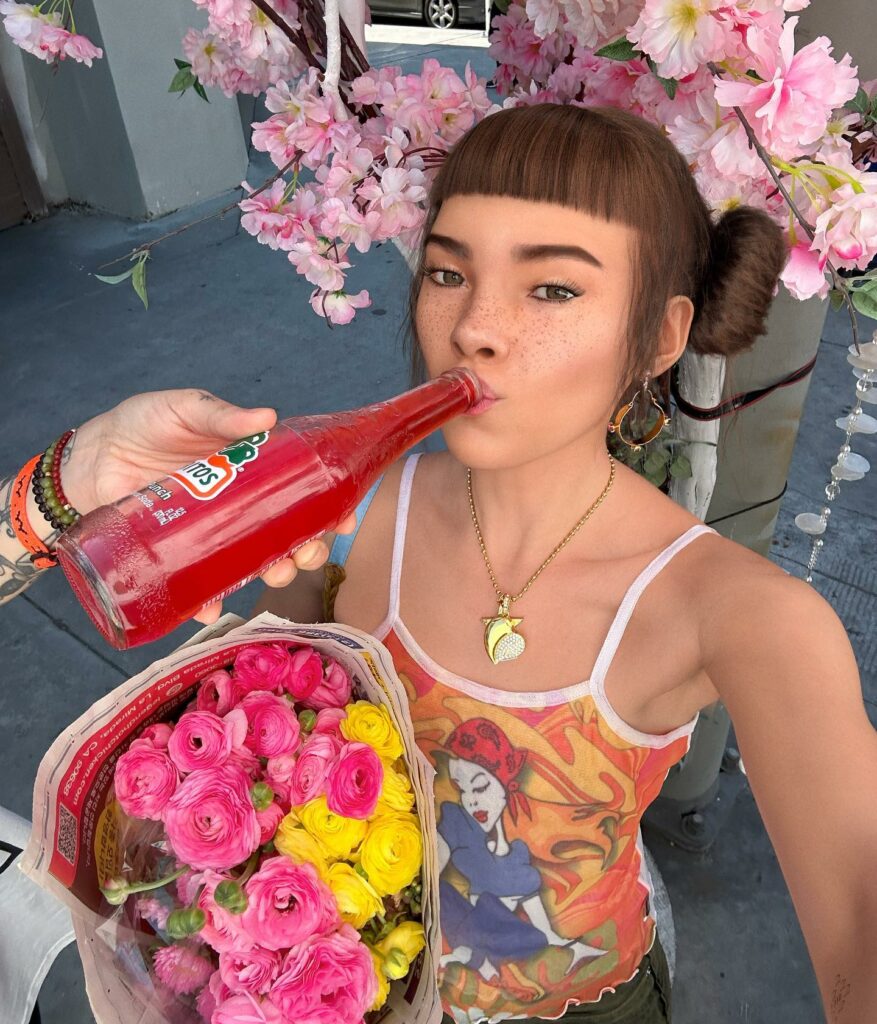

These influencers span across various platforms and engage with their audiences through different mediums. For instance, some are more active on TikTok or YouTube, while others might have a stronger presence on emerging metaverse platforms. Additionally, their contributions are quite diverse, with some focusing on the technical and conceptual aspects of the metaverse, while others are more engaged in the social and cultural implications of this virtual space.
Metaverse marketing in 2030
The metaverse is expected to have a major impact on the future of marketing. Brands will be able to reach consumers in new and immersive ways. For example, brands could create virtual stores where consumers can try on clothes and other products before they buy them. Brands could also create virtual events where consumers can interact with each other and with the brand.
Here are some specific examples of how marketing in the metaverse could look in 2030:
- Virtual concerts: Musicians could hold virtual concerts where fans could buy tickets and attend from anywhere in the world. Fans could also buy virtual merchandise, such as T-shirts and lighters.
- Virtual fashion shows: Fashion brands could hold virtual fashion shows where consumers could see the latest collections and buy clothes directly from the show.
- Virtual product launches: Companies could launch new products in the metaverse where consumers could learn about the products and try them out before they buy them.
- Virtual brand experiences: Companies could create virtual brand experiences where consumers could learn about the company and its products in a fun and interactive way.
The metaverse is still in its early stages of development, but it has the potential to revolutionize the way we market and consume products and services.
Virtual Influencers: The Digital Trendsetters
In the Metaverse’s digital populace, virtual influencers like Rae and Miquela are carving out a niche. Rae, for instance, is an Asian virtual superstar who’s a digital artist and a proponent of diversity in technology. Miquela, on the other hand, is a social media sensation with over 3 million followers on Instagram. These AI-driven personalities are challenging traditional notions of influence and heralding an evolved form of brand ambassadorship.
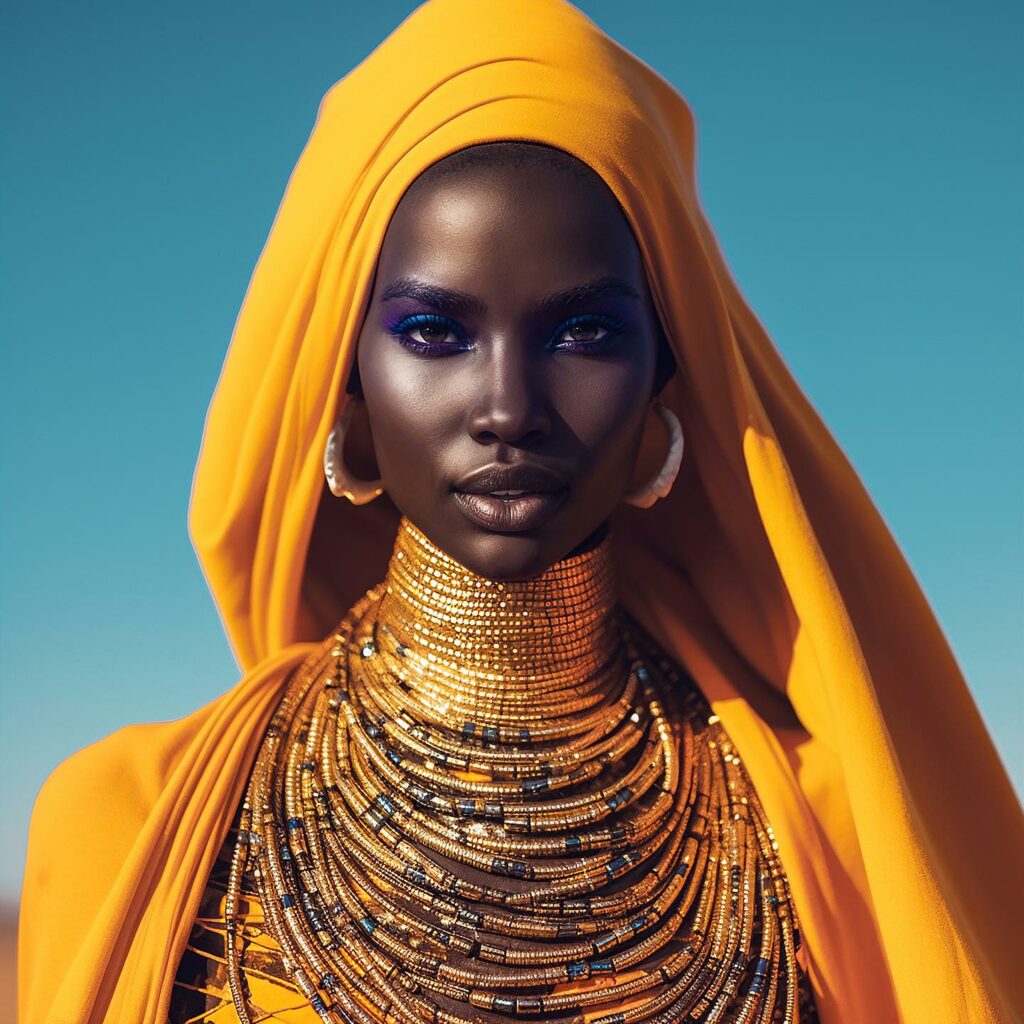
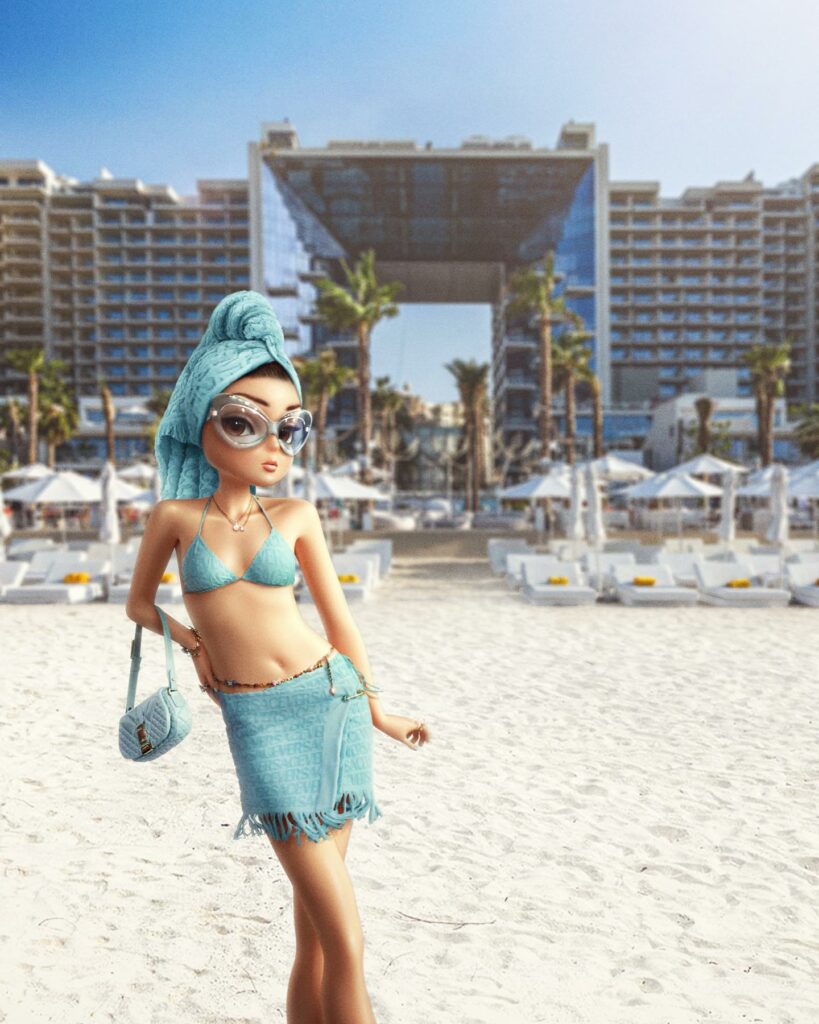
As we envisage marketing in 2030, the Metaverse will be the crucible where brands can interact with consumers innovatively, creating tailored experiences that extend beyond the flat screen. The integration of augmented reality (AR) and virtual reality (VR) in marketing strategies will further enrich consumer interactions, making brand engagements more engaging and memorable.
Conclusion
The metaverse is a new and exciting platform that has the potential to change the way we interact with the world around us. It is still early days, but the potential for marketing in the metaverse is vast. Brands will need to be creative and innovative in order to reach consumers in this new and immersive world.



